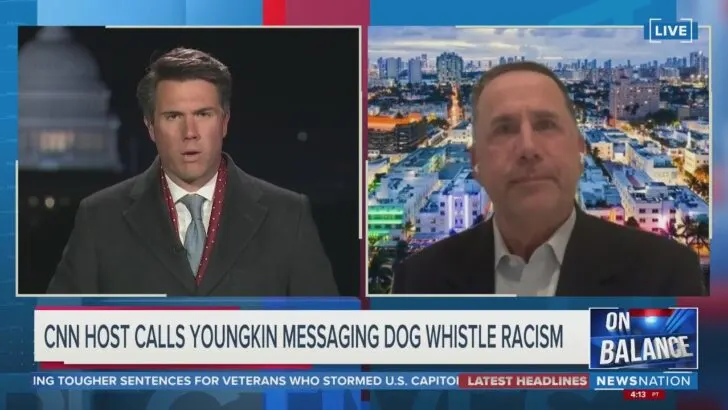“Dog whistle politics” is the practice of sending out coded political messages or subtle signals, which are designed to be understood only by a narrow target audience.
In their literal form, dog whistles are instruments that emit high-pitched frequencies which only dogs can hear; human beings don’t even register the sound.
In their figurative form, dog whistle messages can be heard and understood by members of certain groups, but not by the population at large.
Origin of “Dog Whistle Politics”
A “dog whistle” was first used figuratively in 1947.
That’s when a book called American Economic History described a speech by Franklin Delano Roosevelt as being “designed to be like a modern dog-whistle, with a note so high that the sensitive farm ear would catch it perfectly while the unsympathetic East would hear nothing.”
However, the expression didn’t become widespread until the mid 1990s.
Today, dog whistle politics is chiefly used to describe coded hateful messages.
In society at large, it is not usually acceptable to make racist, sexist, or xenophobic statements. That means that politicians who want to make such statements need to use coded language, or, to put it another way, dog whistles.

In recent years, pundits have accused President Donald Trump of using dog whistles to convey xenophobic and racist messages to his supporters.
Trump came under heavy criticism when he tweeted that certain Congressional Democrats who “originally came from countries whose governments are a complete and total catastrophe” should leave the United States instead of criticizing his administration.
Trump’s tweet was interpreted by some to be a thinly disguised attack on non-white members of Congress like Rashida Tlaib and Alexandria Ocasio Cortez.
As a presidential candidate, Trump was accused of using racist anti-Semitic dog whistles to subtly empower white nationalists.
Analysts argue that Trump’s supporters often picked up on the candidate’s messaging and responded to it by making overtly racist or anti-Semitic statements on social media.
Democratic politicians have also been accused of dog whistle politics to covertly shore up support from white voters.
Former Sen. Claire McCaskill (D-MO) came under fire after she said that Sen. Bernie Sanders might be too far to the left to win with Midwestern voters.
Many felt that McCaskill was using “Midwestern” as code for “white,” and that she was deliberately setting herself apart from non-white people and Jews.
Sen. Amy Klobuchar (D-MN), a candidate for the Democratic presidential nomination in 2020, has similarly been accused of using “heartland” as a dog whistle to white voters.
Of course, the practice of dog whistle politics dates back to well before the 1990s, when the term became widespread.
Most analysts agree that Ronald Reagan was practicing dog whistle politics when he spoke about “states’ rights” on a campaign stop in Mississippi, back in 1980.
Reagan was, analysts say, appealing to southern segregationists, or, more broadly, to any white voter with racist beliefs.
Since racism and xenophobia were already taboo, the only way to appeal directly to racist voters was through coded language, or dog whistles.
The use of dog whistle politics by politicians is sometimes intertwined in efforts to seek plausible deniability.
Use of “Dog Whistle Politics” in a sentence
- Critics argue that dog whistle politics is a form of deception that undermines the democratic process and divides communities along racial, ethnic, or other lines.
- The use of dog whistle politics has become increasingly prevalent in recent years, with many politicians using carefully crafted messages to appeal to certain segments of the population without explicitly stating their views.
- The use of dog whistle politics allows politicians to make statements that may be interpreted as racist, sexist, or otherwise discriminatory without being held accountable for their words.
- Some political analysts believe that dog whistle politics is a dangerous trend that undermines the integrity of the political system and erodes public trust in institutions.